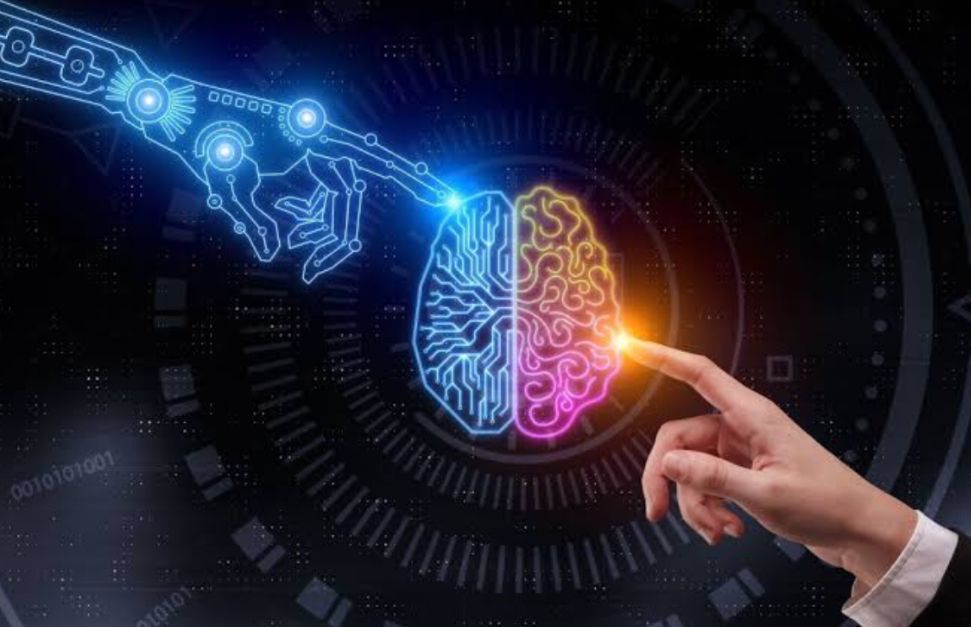The rise of artificial intelligence (AI) has triggered a revolution in a variety of industries, transforming the way we live and work. As AI technologies advance, their influence on employment is under intense scrutiny and debate. Will AI cause mass job displacement, or will it open up new prospects and job creation? The answer comes in a comprehensive understanding of both the potential disruptions and benefits that artificial intelligence can bring to the labour market.
AI’s ability to perform tasks traditionally handled by humans is reshaping industries at an unprecedented rate. Automation is becoming increasingly prevalent in roles that involve repetitive and routine tasks. It has taken over repetitive and mundane tasks, such as data entry, assembly line work, and basic customer service. For example, chatbots and virtual assistants are now handling customer inquiries that previously required human intervention. Similarly, robots and AI-driven machinery are increasingly common in manufacturing, reducing the need for manual labor. The transportation sector, for example, faces significant disruption with the advent of self-driving vehicles, potentially impacting millions of truck drivers, taxi operators, and delivery personnel.
Despite these concerns, AI also holds the promise of creating new jobs and transforming existing ones. Historical evidence suggests that technological advancements often lead to the emergence of new industries and roles that were previously unimaginable. The advent of the internet, for instance, gave rise to sectors such as e-commerce, digital marketing, and cybersecurity, generating millions of new jobs.
AI is expected to follow a similar trajectory. As automation handles mundane tasks, there will be a growing demand for roles that require uniquely human skills such as creativity, problem-solving, and emotional intelligence. Fields like AI development, data science, and machine learning are already experiencing significant growth. These roles involve designing, programming, and maintaining AI systems, necessitating specialised knowledge and expertise.
Moreover, AI can augment human capabilities, making workers more productive and enabling them to focus on higher-value tasks. In healthcare, for instance, AI-powered diagnostic tools can assist doctors in identifying diseases more accurately and quickly, allowing medical professionals to spend more time on patient care and complex decision-making.
The future of work in the age of AI brings both obstacles and opportunity. While there is legitimate concern about job loss, the likelihood for job creation and transformation is also substantial. By investing in education, reskilling, and thoughtful AI integration into the workforce, society can reap the benefits of AI while minimising its disruptive downsides. The goal should not be to oppose technological advancement, but rather to ensure that it leads to a more wealthy and inclusive future for all.
-Paridhi Dalmia
